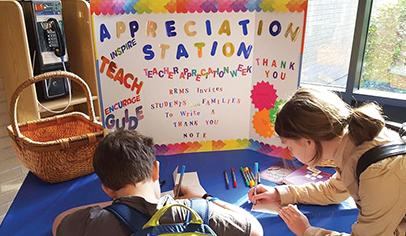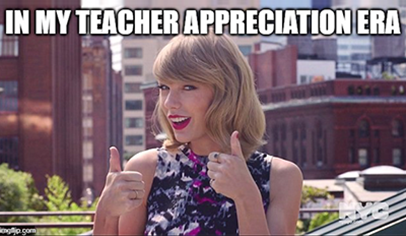It’s not a new idea. Heck, we wrote a feature about how PTOs should be spending their money back in March, 2002 and for years we’ve been spotlighting fundraising issues such as how more fortunate groups partner with less fortunate parent groups. One example is this story, “PTOs helping PTOs,’’ which we first published in March, 2003.
But this New York Times story from June 1, 2012, with the eye-catching title, “Way Beyond Bake Sales: The $1 Million PTA”, along with follow-ups, such as this blog pointing out inequities in fundraising in New York City Schools, as well as a www.thespec.com series on inequities in Canadian schools, have all received outsized attention in the past month alone. Just last week, I caught this story about a controversy that erupted in a Long Island (NY) school district over a donation of 3O new iPads.
But, penned by writers with little or no experience with the nuances of schools and school fundraising, the articles frequently miss essential points and almost make it seem like those who are working so hard for local schools are somehow part of the problem. A few points from an alternative view:
- We can’t let this discussion be framed by what happens in Manhattan. The Manhattan economy and culture is just a tad bit different than most of the rest of the country. There are more than 80,000 K-8 schools in the country, and the concept of a million-dollar PTA is comically foreign to the vast majority of them. Much more typically, we are talking about groups raising $30,000 and $50,000 per year (at financially successful PTOs and PTAs) and $4,000 or $6,000 at financially struggling PTOs and PTAs.
- Parents and community supporters who dig deep and support their schools – yes, with dollars, sometimes – are doing a very good thing. They could put their dollars and their volunteer time somewhere else, but they choose to support schools. These folks should be celebrated and held up as examples.
- This concept that all school fundraising dollars should be pooled and shared equally sounds nice, but will inevitably yield fewer dollars. And that's a bad thing. That’s fewer field trips and fewer playgrounds and fewer teachers supported and fewer learning supplies. It’s a fundraising fact that the closer a giver is to a cause, the more likely he or she is to give and the more dollars he or she is likely to give. The Cancer Society raises research dollars most effectively from families that have been touched by cancer and the American Heart Association does likewise from those who’ve experienced the pain of losing someone to cardiac problems. Is it unfair if the Cancer Society raises more dollars than the American Heart Association? If we tried to pool all medical fundraising so that all diseases were supported equally, there would inevitably be fewer total dollars raised for important research. That’s a bad thing.
- I couldn’t believe more strongly in funding our schools well. I believe the government has a responsibility as well as an economic incentive to educate our children, all of our children. But I also think it’s very important to point out that one school having more doesn’t make another school have less. If there are two schools next to one another that are completely equal in every way, and –one day – the first school gets five new computers, the second school doesn’t become worse. The donor of those five computers did a good thing for one school. Period. He or she didn’t do harm to the second school.It makes little sense to make all schools less well off in order to keep the resource gap to an absolute minimum. Making that – minimizing the resource gap -- the priority is a recipe for mediocrity, at best, for all. I’d personally rather we work our tails off to make every school – one-by-one – as great as it can be, celebrating (and thanking our stars for) those that get it right or get lucky or have resources, and continuing to fight for and advocate for (and even fundraise for) those that need more.
There are lots of challenges facing our schools. but hard-working and committed volunteers is not one of those problems. I work every day with committed volunteers who give their time, their passion, a good number of tears, tons of sweat and occasionally their dollars to schools. Do we really think that limiting those folks is the recipe for *better* schools?
Let’s be careful who and what we paint as the villains when it comes to the struggles too many of our schools face.
























